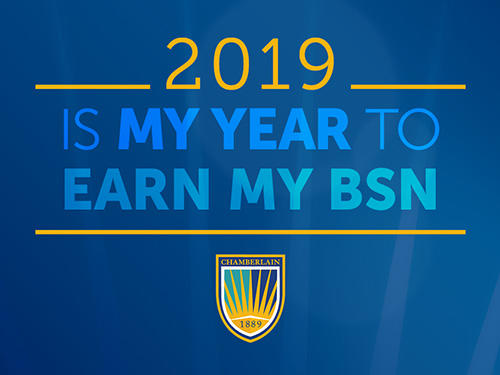Featured
Tags
Share
- Home / Blog / Care For You / Relax! Tips on How to Avoid Hypertension
Relax! Tips on How to Avoid Hypertension

It can often be a misconception that individuals working in healthcare are more resistant to health concerns. But nurses and other healthcare staff share the same concerns we all do. This is why it’s important to be aware of the risks associated with an issue like hypertension.
Hypertension is more commonly known as high blood pressure. This is a condition which typically affects older individuals (45 years or more). Simply put, your blood pressure is the amount of force from your blood pressing against the walls of your arteries. When this pressure becomes too great, your heart must work harder to move blood and can damage your arteries. Left unchecked, this can also lead to greater risk of heart disease, stroke and kidney disease.
There are often no outward signs of hypertension occurring. Rather, damage to your heart, blood vessels or brain could be taking place without your knowing it. The best way to monitor your blood pressure is with a regular check at your doctor. Here are the numbers to be aware of:
- Normal – 110 over 75
- Prehypertension -- 130 over 85
- Hypertension – 140 over 90
If you regularly monitor your blood pressure, you can stop a problem before it starts.
Other preventative measures
While vigilant monitoring of your blood pressure can keep you aware of whether or not you are trending towards hypertension, there are other ways you help keep your numbers low before you ever visit your doctor.
Sodium
Salt is one of the most widely used seasonings in the world. Though tasty, it can have a negative impact on our health. And while it’s significant to reduce the amount of salty snacks in our diet, the bigger concern is actually sodium. Sodium is a major component of salt, but is found on its own more often, and it causes your body to retain fluid. This requires your heart to work harder.
The American Heart Association recommends eating less than 1,500 milligrams of sodium per day. You’ll see sodium listed on nutrition labels for the foods you purchase. If you take the time to check labels and be aware of high sodium risks such as canned soups, deli meats and processed foods, you can help reduce the burden on your heart.
Stress
Although there is no direct evidence linking stress to ongoing hypertension, it’s readily accepted that stress does play a part, as it can cause your blood pressure to spike. Indirect impacts of stress can also contribute to risks for the diseases which hypertension leads to (such as the aforementioned heart disease).
Here are some tips to help reduce stress during your day:
- Take work breaks when you can
It’s not easy to always find the time to take a break during a 12 hour shift, but even just a peaceful moment here or there can help reduce tension. Caring for others begins with care for self. Taking even just a 60 second can help you to exhale, regain composure and give your heart a break.
- Laughter is the best medicine
The recent study from Loma Linda University in Southern California found that laughter can reduce the stress hormone cortisol, boost brain health and help keep mental levels sharp. When you’re feeling strained, try to recall that great joke from your favorite sitcom that was on last night or think of the funny things your friends do or say.
- Resist the quick fix
Unhealthy habits can appear to be good ways to cope with stress, but eating processed snack foods, drinking alcohol or smoking are all actually working against you in the long run. If you feel the urge to take a quick fix, try to alter the moment you are in with an action as simple as walking out of the room. A change in environment and refocusing your brain on a new activity will help you better control urges.
Caffeine
Coffee is considered to be a good friend of many nurses. For others, energy drinks may be the companion of choice when you’re seven hours into a shift. But in either case, the mantra when consuming caffeine based drinks should be all good things in moderation.
Consider the following on the effects of caffeine on blood pressure from the Mayo Clinic.
If you're concerned about caffeine's effect on your blood pressure, try limiting the amount of caffeine you drink to 200 milligrams a day — about the same amount as in two 12-ounce cups of brewed coffee. Keep in mind that the amount of caffeine in coffee and other beverages varies by brand. Also, avoid caffeine right before activities that naturally increase your blood pressure, such as exercise, weightlifting or hard physical labor.
Caffeine’s impact will vary from person to person, so be sure to consider your own health, age and weight when decided if you should curtail your consumption.
What tips do you have for relaxing and lowering blood pressure?
By Ryan Segovich
More from Care For You
Request More Information
To receive the Chamberlain University Program Guide, including associated career paths, please select a program of study.







